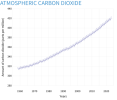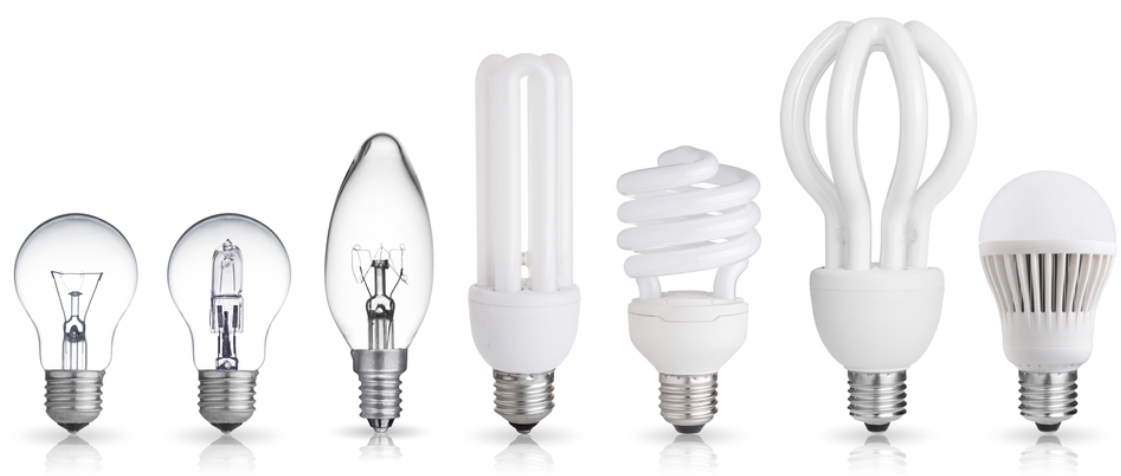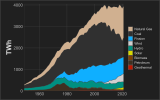Sure it does. It picked content producers as winners. It picked inventors as winners. It did so because, like with EV subsidies, markets would otherwise pick the cheapest available option, even at the expense of the midterm and long term penalties to be paid.
The FDA didn't fight cannabis, congress did. For generations.
As for HIV, I'm not sure what you're talking about
this makes it sound like a screening test became available in Dec 1984 and was approved for use in blood banks by the FDA in March 1985. That doesn't seem all that long.
Blood collecting organizations, such as the
American Red Cross, have policies in accordance with FDA guidelines that prohibit accepting blood donations from any "male who has had sex with another male since 1977, even once". The inclusion of homo- and bisexual men on the prohibited list has created some controversy,
[63] but the FDA and
Red Cross cite the need to protect blood recipients from HIV as justification for the continued ban.
[64] Even with
PCR-based testing of blood products, a "
window period" may still exist in which an HIV-positive unit of blood would test negative. All potential donors from HIV high-risk groups are deferred for this reason, including men who have sex with men. The issue has been periodically revisited by the Blood Products Advisory Committee within the FDA Center for Biologics Evaluation and Research and was last reconfirmed on May 24, 2007. Documentation from these meetings is available to the public.
[65]
However, in 2006, the AABB, America's Blood Centers and American Red Cross recommended to the FDA that the deferral period for men who had sex with other men should be changed to be equivalent with the deferral period for heterosexual's judged to be at risk.
[66] The FDA chose to uphold the blood ban. Female sexual partners of
MSM (men who have sex with men) are deferred for one year since the last exposure. This is the same policy used for any sexual partner of someone in a high-risk group.
[67] The intent of these policies is to ensure that blood is collected from a population that is at low risk for disease, since the tests are not perfect and human error may lead to infected units not being properly discarded. The policy was first put in place in 1985.
[68]
In April 2005, the FDA issued a statement asserting that
cannabis had no medical value and should not be accepted as a medicine, despite a great deal of research suggesting the opposite.
[70] The supporters of
medical cannabis legalization criticized the FDA's statement as a politically motivated one instead of one based on solid science. A group of congressmen led by
Maurice Hinchey wrote a letter to FDA's commissioner
Andrew von Eschenbach, expressing their disapproval of the FDA's statement and pointed out the FDA's rejection of medical cannabis was inconsistent with the findings of the
Institute of Medicine, which stated cannabis does have medical benefits.
[71] While the FDA has not approved marijuana it has approved THC (a compound found in cannabis) as an active ingredient for medicinal use.
[72] Critics argue that this approval is a politically motivated attempt to allow special interest groups to have patents over the substance,
[73] perhaps because the patents on previously patented competing substances have expired.




